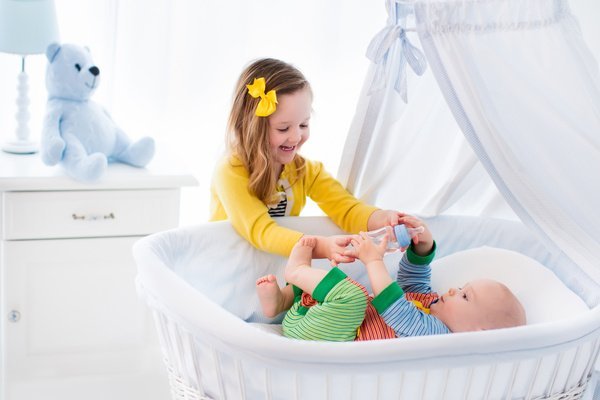GETTING REAL: What is it like to be a firstborn in a Filipino family?

Let us be real, folks. Certainly, being the eldest child has its challenges but being the eldest child and daughter in a Filipino family is even more difficult. The question is, what is it like to be a firstborn in a Filipino household?

Never our choice
Being the eldest child in the family is never a choice made by all panganays. From the moment we are born, we are assigned the role of the second parent to our siblings. We have to be responsible enough at an early age. There were expectations for us to act older than our age. We must take care of our younger siblings and act as babysitters. They forgot that we were also children growing up.

Be the better person
As we grow up, it is like we are being programmed to always be the better person. We were told to be the bigger person under many circumstances. We have to be mature in all ways. They appeared to have forgotten that we, too, were exploring. They forgot that we were also children growing up.

Am I a sponge?
And as children, we had to be this sponge that absorbed everything. We recall instances when our parents fought and quarreled in front of us. How could we forget everything? Even the smallest details. Nonetheless, we had to understand the adults and their arguments when we could not even understand what was going on.

Being the breadwinner
In Filipino families, the eldest children must succeed. The pressure to perform exceptionally well in school is constant. Sometimes success equates to being your parents’ retirement plans. Being the eldest, we are always willing to assist. As the family breadwinner, many of us bear all of the household’s physical, emotional, and financial burdens.

Getting real
It is also unfortunate that most of the time, we, panganays, are unable to express our thoughts and feelings. We rarely tell others about our difficulties. We are viewed as irresponsible, self-centered, and only concerned with ourselves.
There is always the notion that we must please everyone. We must set a good example for our siblings. We need to be the standard. There is a nagging feeling that if we do not end up being what they expect us to be, we are a failure.
Most of the time, we create our own little world large enough to provide us with comfort and understanding. We have a tendency to be our ship’s own anchor. There is a lingering sense that we must sort things out for ourselves.
In the end, it is more about finding our own peace. Giving ourselves the inner comfort we have craved since we were children. We must constantly remind ourselves of our strength and value as a person.

We may feel unheard and undervalued. It is just too bad that having a “healthy” family dynamic in our homes jeopardizes our well-being.
Ivanna, a gawky and indecisive person, uses words to escape the world's BS. When she isn't writing, she can be found reading, snacking on bakery-bought crinkles, binge-watching Netflix with her beau, or simply dozing off somewhere.











